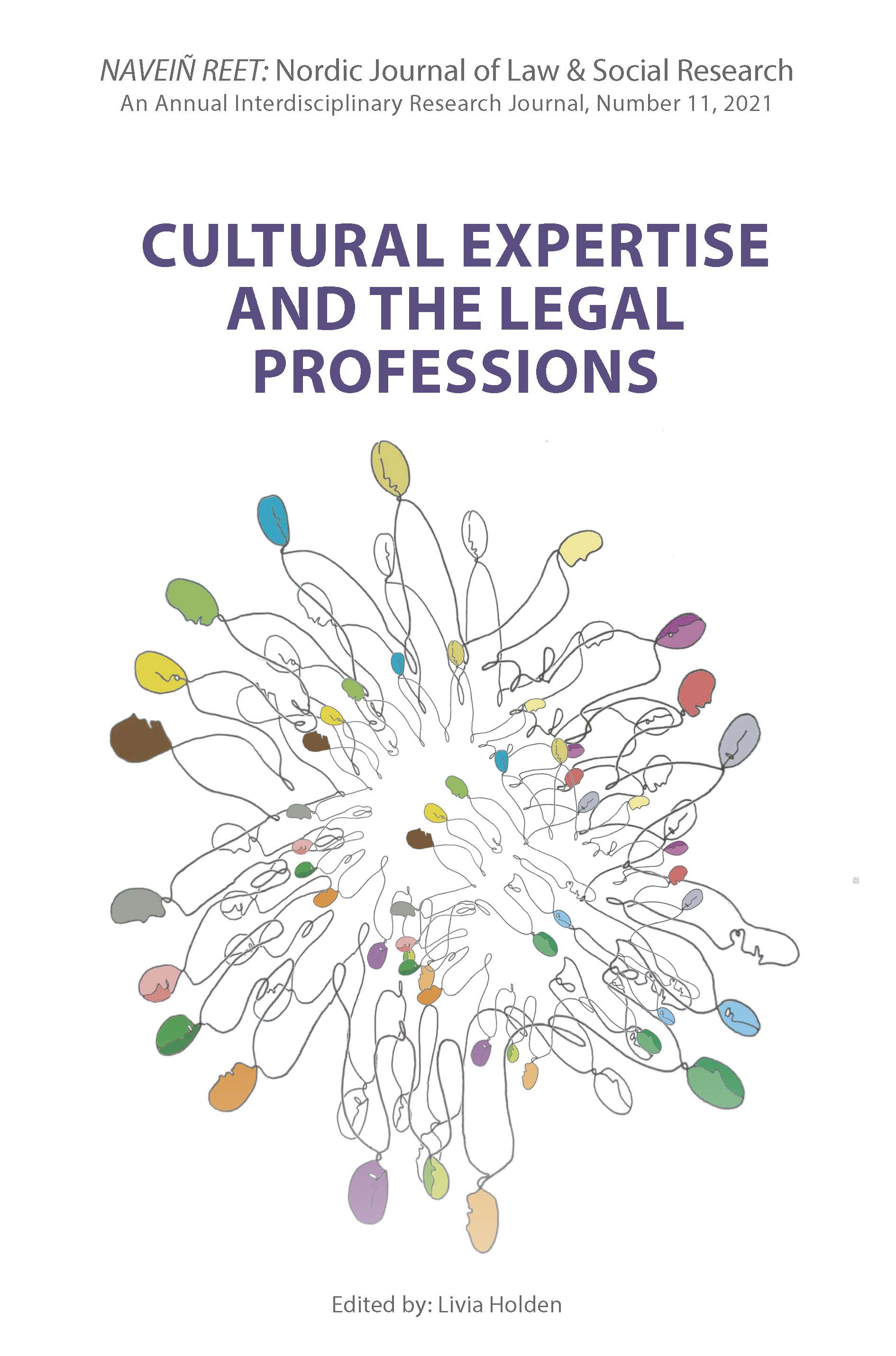Intercultural Justice in France: Origins and Evolution
DOI:
https://doi.org/10.7146/nnjlsr.vi11.132002Abstract
This paper will highlight the mandate of the juvenile judge in the context of intercultural justice in France, in which juvenile judges are at the same time civil judges and criminal judges. Their role is to both pass judgement on juvenile offenders as well as to protect minors who may be at risk. It may even be the same adolescent who has committed a crime who is also a child at risk. Through the guidance process (children at risk), the judge must respect — as is necessary for all judges — the principles that all must have the opportunity to contradict the charges leveled against them. These decisions are made in the context of a hearing where the parties may be present with or without counsel, where reasoning must be given and will be subject to appeal. We therefore have the obligation to listen to the appeals of both parents and children; some juvenile judges will even accept the presence of other members of the family or other persons whose presence is desired and may help to establish a dialogue.
Downloads
Published
How to Cite
Issue
Section
License
Counting from number 12 (2022), articles published in NNJLSR are licensed under Attribution 4.0 International (CC BY 4.0). Readers are allowed to copy and redistribute the articles in any medium or format, to adapt and revise the articles, and use the articles for commercial purposes, provided that the readers give appropriate credits.
No Creative Commons licenses are applied on articles in number 1 (2009)-11 (2021). All rights reserved by the authors. Readers are allowed to download, read, and link to the articles published in volume 1 (2009)-11 (2021), but they may not republish or redistribute these articles without permission of the authors.

